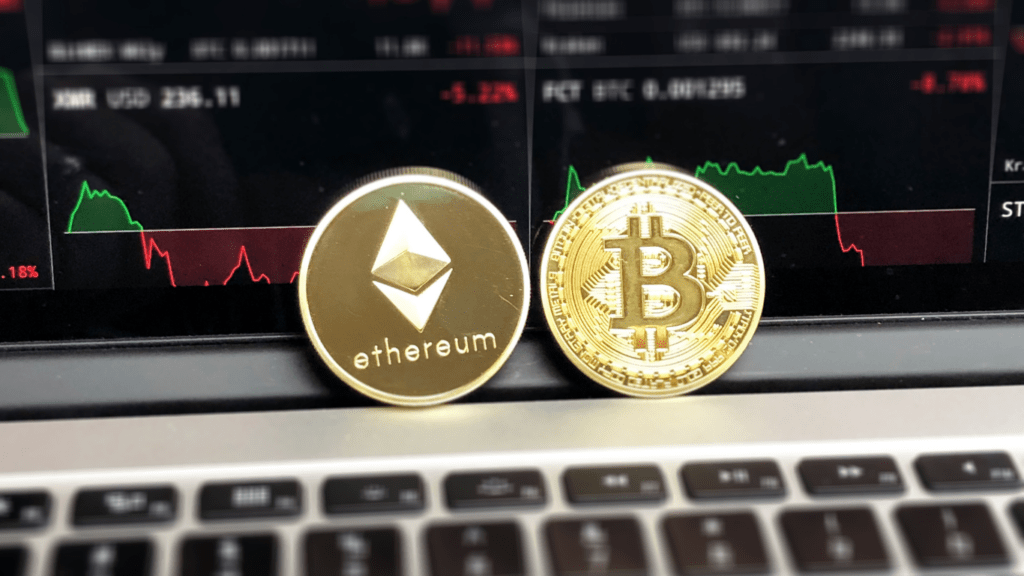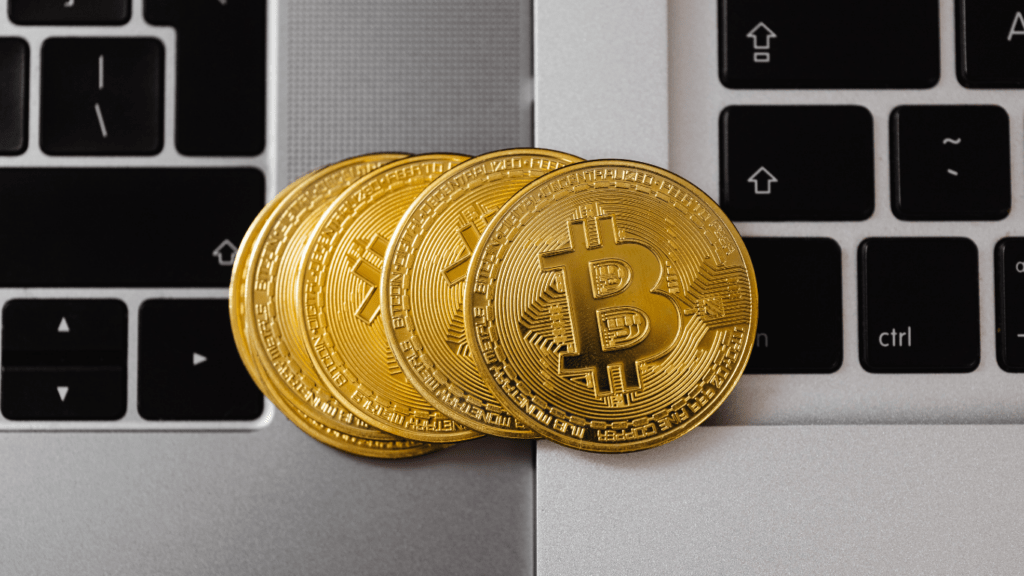As a seasoned blogger, I’ve witnessed the transformative power of blockchain technology across various industries. When it comes to the realm of game development, the impact of blockchain is nothing short of revolutionary. Blockchain’s decentralized nature, coupled with its ability to provide secure and transparent transactions, has opened up a whole new world of possibilities for game developers.
In this article, I’ll delve into the ways in which blockchain technology is reshaping the landscape of game development. From enabling true ownership of in-game assets to fostering community-driven economies within gaming platforms, the potential for innovation seems boundless. Join me as we explore how blockchain is not just changing the way games are played, but also how they are created and monetized.
Understanding Blockchain Technology in Gaming
Exploring the integration of blockchain technology in the realm of gaming offers insights into its transformative potential. Blockchain, at its core, is a decentralized and secure system that operates without a central authority. This unique feature brings transparency and trust to transactions within games, ensuring a fair and tamper-proof environment for players.
In the context of gaming, blockchain technology allows for the creation of non-fungible tokens (NFTs) that represent in-game assets. These digital tokens are secured by blockchain, certifying their authenticity and ownership. As a result, players can truly own their virtual items, with the ability to trade or sell them outside the game ecosystem.
Moreover, the implementation of blockchain in gaming paves the way for player-driven economies and decentralized platforms. By utilizing smart contracts, developers can establish predefined rules for in-game transactions, creating a self-regulated economy within virtual worlds.
Overall, understanding blockchain technology in gaming entails recognizing its capacity to redefine ownership, increase player engagement, and revolutionize the way games are developed and experienced. This innovative approach not only enhances user experience but also contributes to the evolution of the gaming industry as a whole.
Benefits of Integrating Blockchain in Game Development
Blockchain technology offers several benefits when integrated into game development, revolutionizing the industry in various ways.
Secure In-Game Transactions
Implementing blockchain technology ensures secure and tamper-proof in-game transactions. The decentralized nature of blockchain prevents fraud and hacking attempts, providing players with a trustworthy environment to buy, sell, or trade virtual assets within games.
Enhanced Game Asset Ownership
By utilizing blockchain for in-game asset ownership, players gain authentic control over their virtual items. Through the creation of non-fungible tokens (NFTs), players can prove ownership and transfer assets securely outside the game environment. This transparency enhances the value of in-game assets and empowers players to establish true ownership rights in the digital realm.
Challenges and Limitations of Implementing Blockchain in Games
Integrating blockchain technology in game development comes with its set of challenges and limitations that developers need to navigate. While the benefits are evident, several factors need consideration to ensure successful implementation. Here are some key challenges faced when incorporating blockchain in gaming:
- Scalability Concerns: Incorporating blockchain can lead to scalability issues due to the structure of blockchain networks. The consensus mechanisms and verification processes can slow down the speed of transactions, affecting gameplay and user experience.
- High Costs: Implementing blockchain technology in games can be costly. Setting up the infrastructure, managing nodes, and ensuring network security require a significant investment, especially for smaller game development studios.
- Complexity of Integration: Integrating blockchain into existing game structures can be complex. Developers need a deep understanding of blockchain technology to seamlessly integrate it without disrupting the gameplay or user interactions.
- Regulatory Challenges: The regulatory environment surrounding blockchain technology is still evolving. Compliance with diverse regulations globally, especially regarding digital assets and transactions, poses a regulatory challenge for game developers.
- User Experience: Maintaining a smooth user experience while utilizing blockchain can be challenging. Balancing the security and transparency of blockchain with a seamless gaming experience requires careful design and development considerations.
- Energy Consumption: The energy-intensive nature of blockchain networks, such as proof-of-work mechanisms, raises concerns about environmental impact. Developers need to find ways to make blockchain gaming more sustainable and eco-friendly.
Overcoming these challenges requires a strategic approach and continuous innovation to harness the full potential of blockchain technology in game development. By addressing these limitations proactively, developers can unlock new opportunities for enhancing gameplay and player engagement while ensuring a secure and decentralized gaming ecosystem.
Future Prospects and Innovations in Blockchain Gaming
Exploring the future prospects and innovations in blockchain gaming excites me as it holds immense potential for reshaping the gaming industry. Leveraging blockchain technology opens up a world of possibilities for creating unique gameplay experiences and enhancing player engagement.
Innovations in blockchain gaming are continuously evolving, with several exciting trends on the horizon. These include the integration of decentralized finance (DeFi) within games, enabling players to earn real value through in-game activities. Additionally, the use of provably fair systems powered by blockchain ensures transparent and tamper-proof gameplay, enhancing trust between players and developers.
The concept of play-to-earn models, where players can monetize their gaming skills and assets, is gaining traction in blockchain gaming. This innovation not only incentivizes player participation but also revolutionizes traditional gaming monetization models by offering tangible rewards for skill and time invested.
Moreover, the implementation of blockchain-based digital identities for players enhances security and ownership of in-game assets, mitigating fraud and promoting a more trustworthy gaming ecosystem. Smart contracts in blockchain gaming enable automated and secure transactions, eliminating intermediaries and reducing costs associated with conventional payment systems.
As blockchain technology advances, developers are exploring the integration of virtual reality (VR) and augmented reality (AR) experiences into blockchain games, creating immersive worlds that blur the lines between virtual and reality. These innovations push the boundaries of traditional game development, offering players unprecedented levels of immersion and interaction.
The future of blockchain gaming is bright, with endless possibilities for innovation and growth. By embracing these future prospects and innovations, the gaming industry can unlock new revenue streams, foster creativity, and provide players with unparalleled gaming experiences in a secure and decentralized environment.


 Holly Keenstier is a crucial helper at The Code Crafters Hub, where her contributions significantly enhance the platform's capabilities. Keenstier's background in software development and her meticulous approach to project tasks have made her an integral part of the team. Her role involves various responsibilities, from aiding in technical troubleshooting to supporting content development, all of which are essential to maintaining the hub’s high-quality standards.
Keenstier’s dedication to The Code Crafters Hub is evident in her commitment to delivering relevant and insightful content. Her efforts help ensure that the platform remains a leading resource for the latest advancements in web development, game development, IoT, and cybersecurity. Based in Warren, MI, Keenstier’s work is instrumental in keeping the hub’s offerings dynamic and up-to-date.
Holly Keenstier is a crucial helper at The Code Crafters Hub, where her contributions significantly enhance the platform's capabilities. Keenstier's background in software development and her meticulous approach to project tasks have made her an integral part of the team. Her role involves various responsibilities, from aiding in technical troubleshooting to supporting content development, all of which are essential to maintaining the hub’s high-quality standards.
Keenstier’s dedication to The Code Crafters Hub is evident in her commitment to delivering relevant and insightful content. Her efforts help ensure that the platform remains a leading resource for the latest advancements in web development, game development, IoT, and cybersecurity. Based in Warren, MI, Keenstier’s work is instrumental in keeping the hub’s offerings dynamic and up-to-date.
